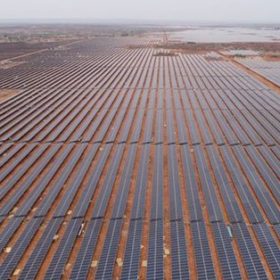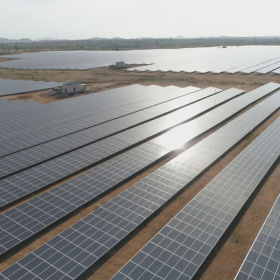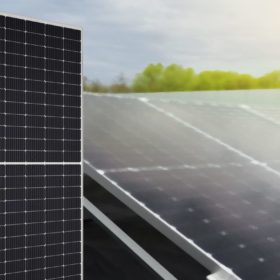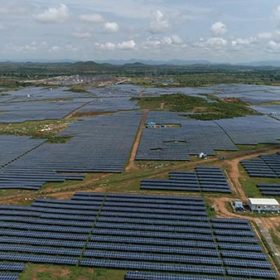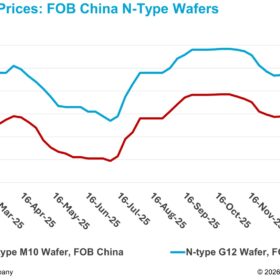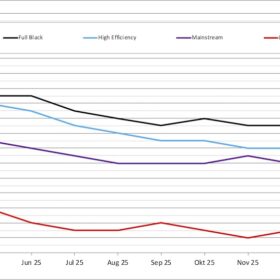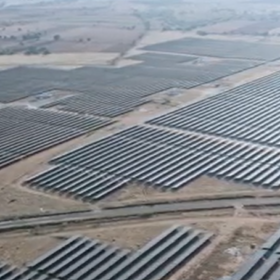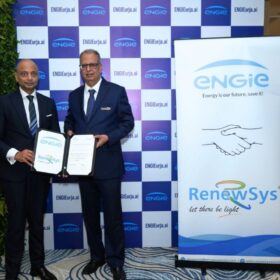Solar developers approach Centre as Uttar Pradesh cancels 500 MW auction
The 500 MW solar auction cancellation by Uttar Pradesh comes as the latest blow to developers after a similar experience in Gujarat recently. Industry body NSEFI wants the central government to direct the state government to stop cancellation and issue the capacity to winning developers.
Renewable energy certificates worth over INR 9,000 crore sold to date
A new report stresses on rebooting the renewable energy certificate (REC) trading for a balanced energy transition in India. It proposes measures to make RECs more appealing to stakeholders and prepare the market for the possible supply crunch in the future.
Maharashtra discom tenders for purchase of 500 MW solar power
Solar power generators have until June 4 to bid for supplying the power from their proposed or existing PV projects under a 25-year PPA.
Bolivia launches call for lithium extraction
Bolivia has launched a second international call, after a first attempt failed in 2019, to seek potential investors for its huge lithium resources.
Torrent Power secures PPA for 300 MW solar capacity in Gujarat
The integrated power producer will sell solar power from the Gujarat plant to its licensed distribution business unit at an INR 2.22/kWh tariff.
Covid impact: Solar imports dipped 75% in ten months
Coronavirus disruption has been cited as the chief culprit as imports from China, Thailand and Vietnam slumped from April to January, but safeguarding duty also appears to have had an impact, with unaffected imports from nations such as Myanmar, Chad and Russia on the rise and Malaysian trade keeping steady.
BHEL issues global tender to select monocrystalline module partners
Bharat Heavy Electricals Ltd (BHEL) seeks module supply partners for an aggregate 750 MW of panels as it intends to participate in the tender for 500 MW Rewa solar park in Madhya Pradesh. Bidding closes on April 27.
Unsigned PPAs halting India’s renewable energy growth
Nearly 19 GW of renewable energy capacity tendered by the Solar Energy Corporation of India (SECI) is on hold due to electric distribution companies’ unwillingness to sign the power purchase agreements. Manufacturing-linked solar projects alone account for a 63% share of the capacity in limbo.
Solar tariff rise due to customs duty would cost to Discoms INR9 billion annually
India’s declining solar tariff trend will see a reversal as the basic customs duty comes into effect. According to India Ratings, tariffs will likely touch INR 2.43 when using imported solar modules with 40% duty applicable, putting an additional cost burden on Discoms.
Renewables’ share in electricity generation must grow 55-fold for India to achieve net-zero emissions by 2050
A new report presents four alternative scenarios for India to achieve net-zero emissions, highlighting that the effort required would be very high for a scenario with 2030 as a peaking year for emissions and 2050 for net-zero.
